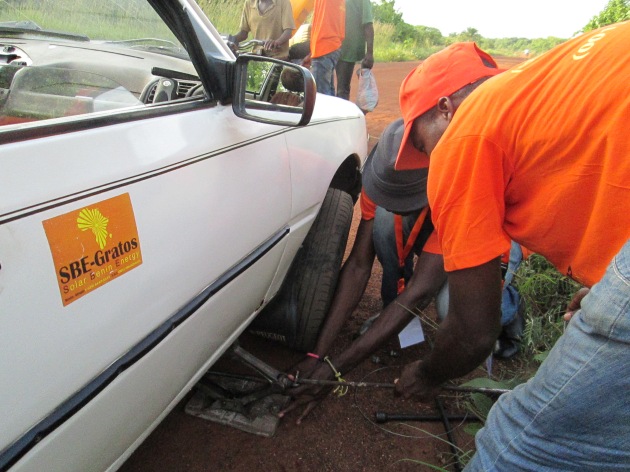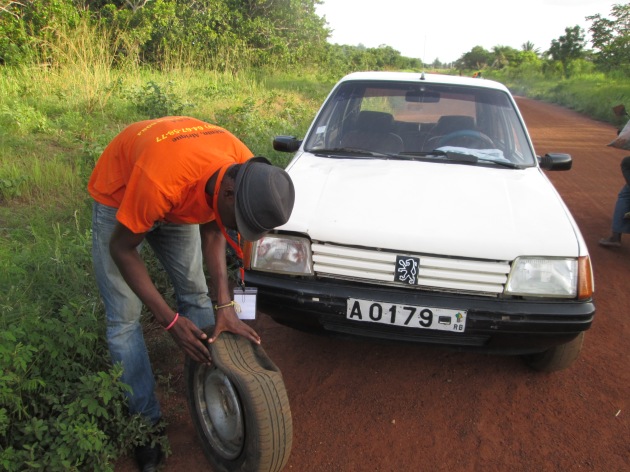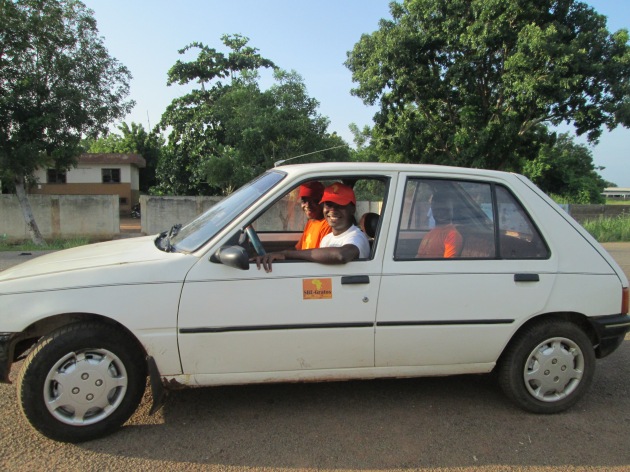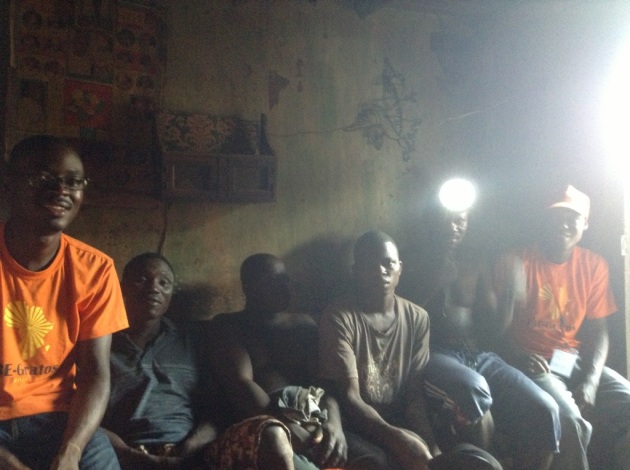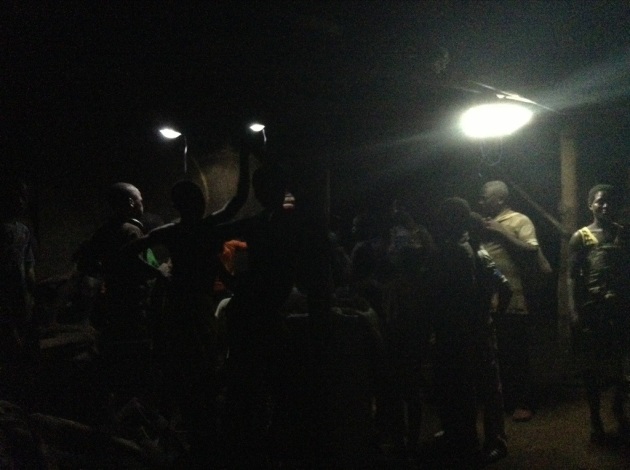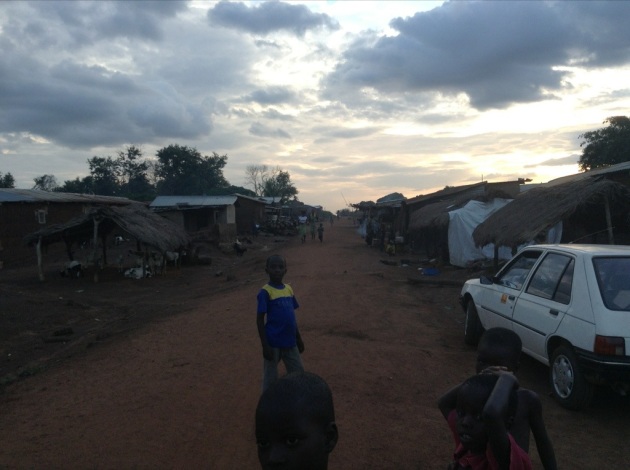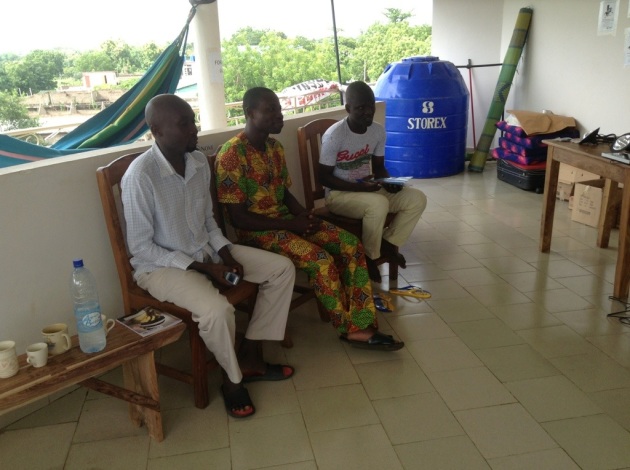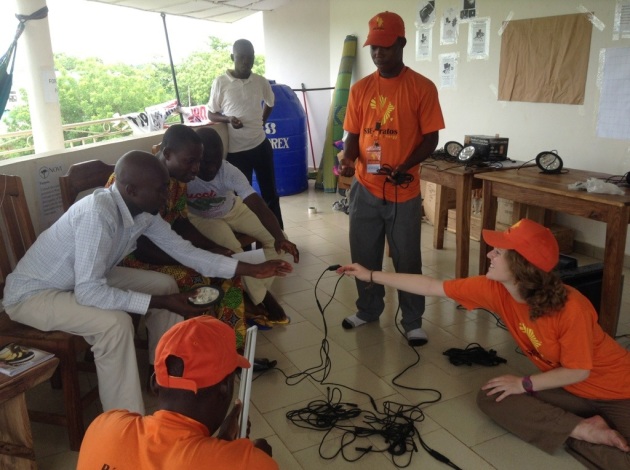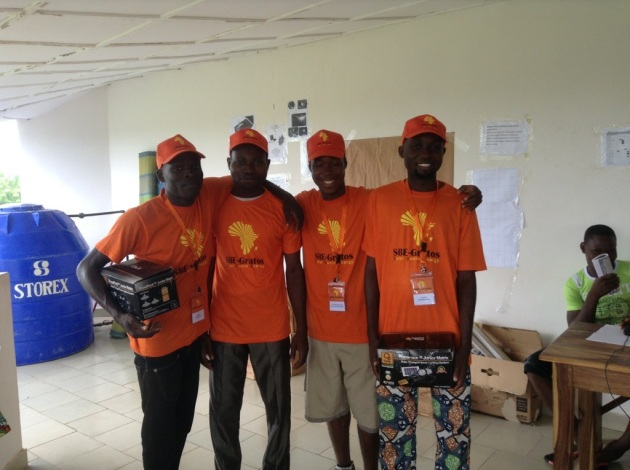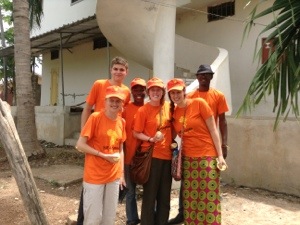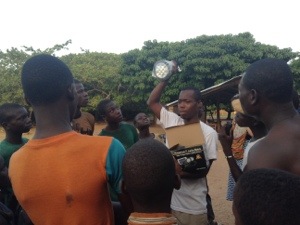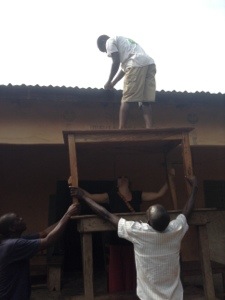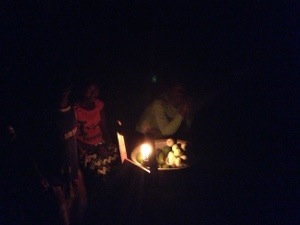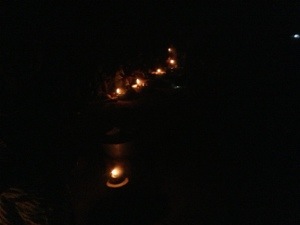Why focus on solar energy in Africa? How can poor Africans afford it? Isn’t everyone starving? Shouldn’t we just take pity and keep giving to these people?
Reality of it is Africa is a gigantic continent. Aid has been flowing into the continent for years and it ceases to grow because of it. And while, yes I agree, there are some countries in need of aid during certain times of hardships such as famines and political unrest, not every African is poor and starving. Foreign aid is something Africa expects now. It has been pumped into the continent for so long and is taken for granted. It is hindering development. People are not taking the initiative needed to help progress and advance forward. People can work hard and make their own money. It’s a matter of how you choose to spend this money. Where are Africans priorities? Is it in building and expanding your home? Is it in having more children? Is it in energy? Security? Clean water? Food? When money is made, where is it going?
This is where Solar Benin Energy comes in. This is where we are unique. We want people to see energy as an utmost priority. Solar energy is a clean and renewable energy. It brings light so people can stay up longer hours. People have access to television and use of computers and thus news and information, which leads to knowledge. There is no such thing as a solar electricity outage or a monthly solar electricity bill. Solar energy benefits everyone. It benefits those who live in bigger cities with electricity to those living in off grid in small villages.
We are Africans helping Africans. We are not here to give handouts. We are here to show people that they can live better lives. We are here to help people see where their priorities should be. We have solar products that are affordable and available to all. Everyone should have solar energy. So there is no excuse why Africans can’t develop themselves.
